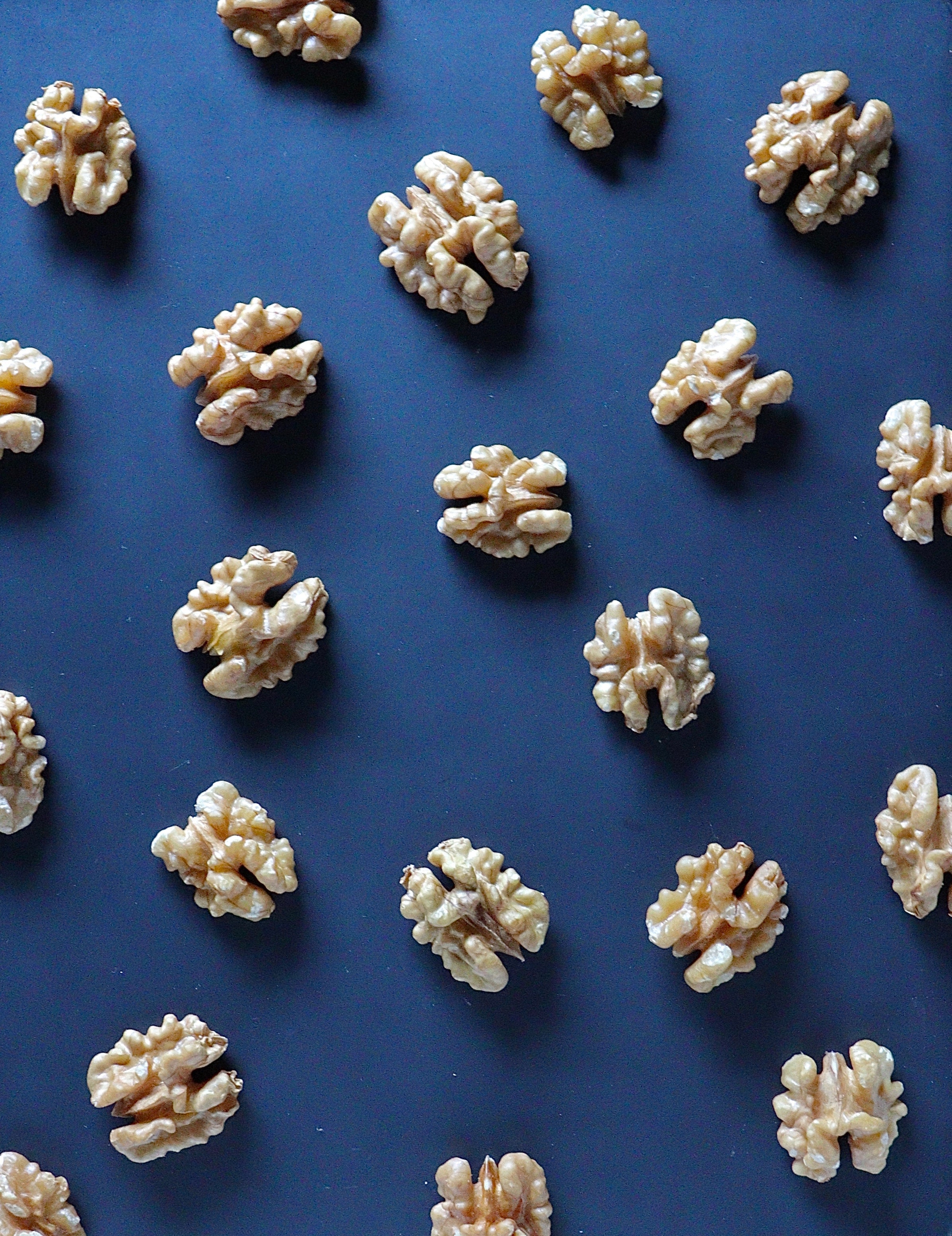On top of this miracle, the opportunity for prenatal nutrition to literally change the trajectory of each individual baby (and we think, literally, the human race) is astonishing.
As if etching indelible footprints upon a newborn's DNA, environmental factors during pregnancy possess a remarkable ability to sculpt the trajectory of a child's lifelong health. This phenomenon, deeply rooted in the realm of epigenetics, has captivated scientists for decades. In this article, we unravel the secrets held within a mother's diet during pregnancy by outlining. 6 key studies, unveiling the power of diet to influence the health and well-being of the next generation.
Study 1, The Barker Hypothesis (Barker 2004): The groundbreaking work of Barker and colleagues introduced the concept of fetal programming, highlighting the long-lasting impact of maternal nutrition on adult health. Rather than instilling guilt, this study empowers pregnant women to seize the opportunity to shape their baby's lifelong well-being through a nourishing prenatal diet.
Study 2, Prenatal Iron Status and Adult Mental Health (Barker 1997): This study highlights the vital role of maternal iron status in shaping mental health outcomes in adulthood. By ensuring an adequate intake of iron-rich foods, pregnant women can potentially reduce the risk of psychiatric disorders for their baby, contributing to their long-term well-being.
Study 3, Epigenetic Modifications and Disease Susceptibility (Waterland and Jirtle 2004): This study delves into the fascinating realm of epigenetics, highlighting how maternal nutrition can influence gene expression patterns. By embracing a wholesome and varied diet during pregnancy, pregnant women have the opportunity to positively impact their baby's gene expression, potentially reducing their susceptibility to various chronic diseases later in life.
Study 4, Calcium Intake and Bone Health (Kovacs 2005): This study emphasizes the significance of prenatal calcium intake for optimal bone health. By incorporating calcium-rich foods into their diet, pregnant women can promote strong and resilient bones in their baby, ensuring their skeletal health in the years to come.
Study 5, Maternal Folic Acid Intake and Neurodevelopment (Hibbeln 2007): This study illuminates the positive effects of maternal folic acid intake on neurodevelopment. By incorporating folic acid-rich foods into their diet, pregnant women have the potential to enhance their baby's cognitive abilities and reduce the risk of neurodevelopmental disorders.
Study 6, Omega-3 Fatty Acids and Childhood Asthma (Bisgaard 2016): This study explores the positive impact of maternal omega-3 fatty acid intake on reducing childhood asthma risk. By including omega-3-rich foods in their diet, pregnant women can potentially contribute to their baby's respiratory health, providing them with a solid foundation for a healthy life.
Conclusion: As women embark on the beautiful journey of pregnancy, dietary choices hold immense power. Rather than succumbing to guilt, we hope this presents an opportunity to maximize your baby's health through a nourishing prenatal diet. Of course, eating right every day is hard, and of course, pregnancy nausea is real, so just try your best! Embrace the joy of nourishing your body and nurturing your baby, knowing that you are creating a strong foundation for their future.



